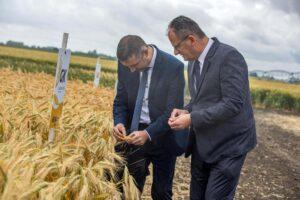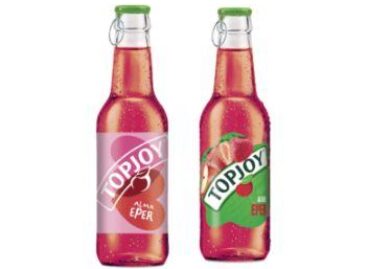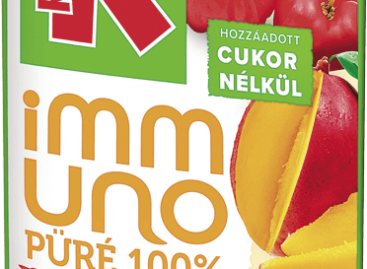A key issue is the farmer’s variety choice in field crop production
In the last hundred years, Hungarian breed breeding has been one of the most important professional pillars of domestic agriculture. During the challenging period, the issue of varieties, the presence of varieties bred by domestic institutions that can be adapted to domestic conditions, was particularly appreciated – said Zsolt Feldman, the State Secretary responsible for agriculture and rural development of the Ministry of Agriculture, at the jubilee national ear variety presentation of Szeged Gabonakutató Nonprofit Kft., which is celebrating its 100th anniversary this year, in Kiszombor .

Gabonakutató Nonprofit Kft., celebrating its anniversary this year, is a key player in Hungarian agriculture (Photo: AM/Tibor Vermes)
Zsolt Feldman emphasized: agriculture is experiencing an extremely intense period, in which the range of varieties offered by plant breeders must simultaneously respond to several challenges affecting producers, on the one hand the new conditions caused by climate change, the increased production costs and technology, and on the other hand they must meet the yield and quality requirements expectations as well. “There should be a breeder who can meet these conditions together these days,” emphasized the state secretary, according to whom the domestic grain breeding background, such as Gabonakutató Nonprofit Kft., determines the professional work in the field.
Zsolt Feldman explained that 4.3 million hectares of arable crops are grown in Hungary
In addition to yield expectations, in order to improve the chances of market sales, farmers should include the aspects of higher content values and quality in the case of ear crops when choosing varieties, as the sale of quality ear crops has proven to be more crisis-resistant based on the market experience of the past two years. Gabonakutató Nonprofit Kft., celebrating its anniversary this year, is a key player in Hungarian agriculture. Thanks to the research and innovation carried out by the company, more than 30 types of grain are currently available to farmers, among which are high-quality Hungarian bread wheat, high-yielding barley and triticale varieties that provide excellent fodder.
AM
Related news
State compensation for the victims of Bászna Gabona Zrt. has been completed
🎧 Hallgasd a cikket: Lejátszás Szünet Folytatás Leállítás Nyelv: Auto…
Read more >









